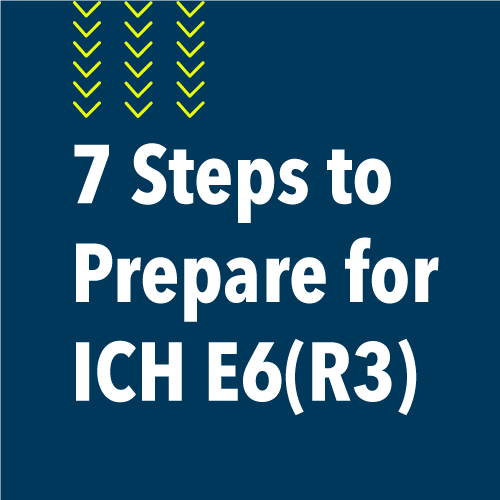A new survey conducted by researchers at Georgetown, Rutgers, Johns Hopkins, and 1Day Sooner finds that the overwhelming majority of nearly 2,000 potential COVID-19 human challenge trial volunteers who were surveyed are motivated by a desire to help others and have typical responses to risk, allaying a key concern that volunteers for such trials may be doing so due to economic vulnerability or underestimation of the risk.
The preprint study (not yet peer reviewed) is the first analysis of the motivations and risk perceptions of volunteers for COVID-19 human challenge trials. According to Abigail Marsh, professor of psychology and neuroscience at Georgetown University, the results showed that, relative to a comparison sample of 999 controls, nearly all challenge trial volunteers reported altruistic motivations for volunteering. They also demonstrated high levels of prior engagement in other forms of altruism, including donating blood, donating money to charity, and registering as living marrow donors and deceased organ donors.
Volunteers also scored higher in personality traits like Honesty-Humility that reflect high valuation of others relative to the self.
The research did not find evidence that challenge trial volunteerism is disproportionately associated with factors that might raise ethical concerns. Group differences in perceptions of risk were generally small in magnitude and did not suggest that volunteers were generally insensitive to factors that compromise physical health or safety. Volunteerism was also not associated with high levels of socioeconomic vulnerability that might make volunteers subject to exploitation; volunteers reported higher levels of income and education relative to population medians and relative to controls.
Kelsey Piper, a writer at Vox, concludes that the new study shows that challenge trials “do not—as many people feared—draw people who just don’t understand risk assessment, and they also don’t primarily draw financially desperate people. In fact, participants are extensively screened to avoid those concerns. They mostly draw people who are knowingly choosing to take on a small risk to themselves to protect their loved ones, their communities, and the world.”
Edited by Gary Cramer



